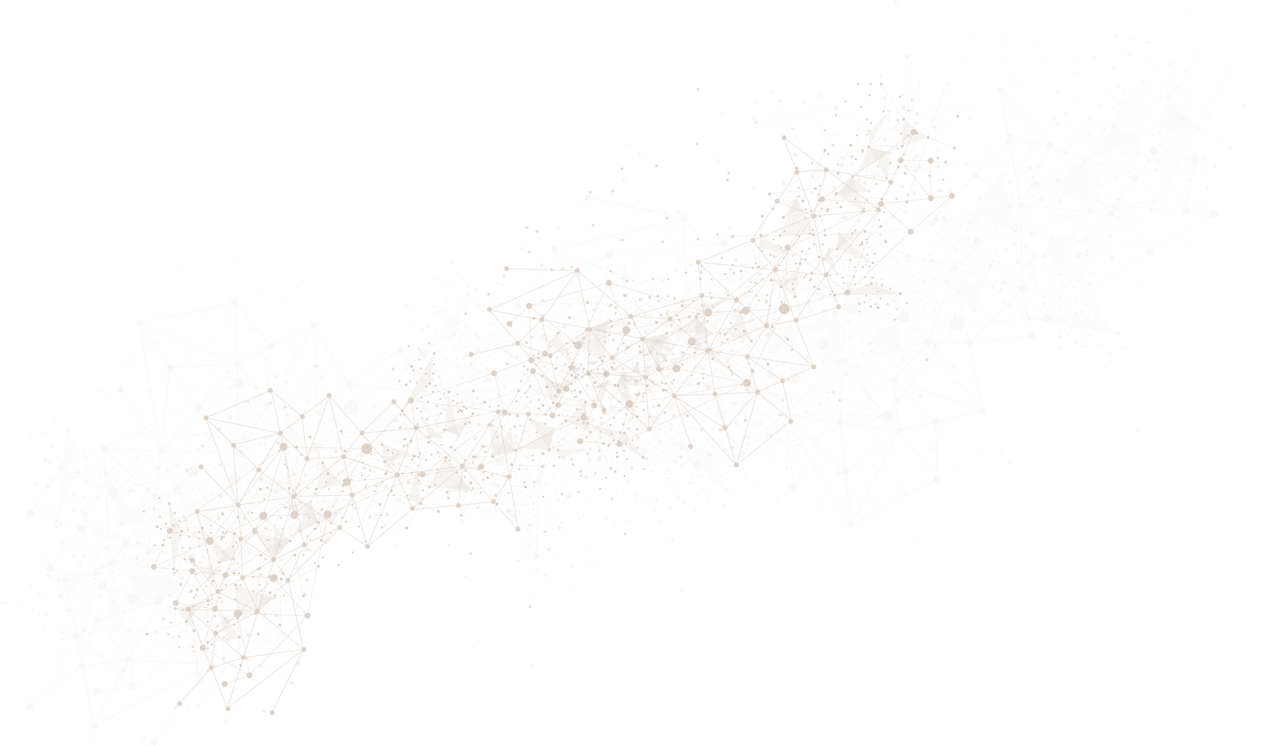
Investing in future
health security
1.6 SOLIDARITY
A multilateral fund and a global governance mechanism bringing health and finance together could prevent a pandemic like this from ever happening again
By Tharman Shanmugaratnam,
co-chair, G20 High Level Independent Panel on Financing the Global Commons for Pandemic Preparedness and Response

We are nowhere near the end of the current pandemic. As devastating as it has been, COVID-19 may be a dry run for a future pandemic that could take more lives and have an even more profound impact on human society. Scientists have warned this could come at any time.
The world does not lack the resources. We have the scientific and innovative capacities, and the finances needed. In our report, ‘A Global Deal for Our Pandemic Age’, the G20 High Level Independent Panel advocates how we can and must mobilise these resources to sharply reduce the risk of future pandemics.
Resilient national health systems are the bedrock of global preparedness. Governments working with international institutions must embark on reforms to mobilise domestic resources and make the sustained investments required to avoid future outbreaks, from trained human resources to well-equipped primary and tertiary healthcare systems. This will require additional public spending on health of about 1% of gross domestic product in many low- and middle-income countries over the next five years.
However, safety from pandemics will also require a basic shift in thinking about international cooperation. This is fundamentally not about aid, but about collective investments in global public goods from which all countries benefit. It is the ultimate case for both national self-interest and international solidarity at the same time.
“
COVID-19 is a tragic reminder that the human and economic damage of a pandemic are orders of magnitude larger than the costs of investments in prevention and preparedness”


We must strengthen global public goods for pandemic security at every level – national, regional and global. We must build tightly networked early warning systems, strengthen One Health, ensure countries have the capacities to detect and counter infectious disease outbreaks quickly, and develop an end-to-end ecosystem to provide countries everywhere with much swifter access to vaccines, therapeutics and other essential medical supplies.
Achieving this requires strengthening multilateralism.
First, we must strengthen the global health organisations. There is no solution to pandemic security that does not involve a central role for an empowered World Health Organization, with its finances on a more secure multilateral footing.
Second, we must make better use of international financial institutions. The World Bank and other multilateral development banks, and the International Monetary Fund, are unique institutions, able to catalyse both domestic investments by governments and private finance. We must make global public goods for both climate and pandemic security part of their core mandates.
Third, we need a new multilateral funding mechanism to complement the existing organisations: to overcome today’s siloed funding of global health security, mobilise the much larger scale of needed resources on a proactive and sustained basis, and plug the gaps in global public goods in an agile manner.
A multilateral fund to mobilise $10 billion per annum as proposed by the G20 High Level Independent Panel is entirely affordable. With contributions spread across countries on a fair and equitable basis, they will amount to less than one thousandth (0.1%) of the annual government budgets of most countries, and an even tinier percentage of their GDP.
These investments in global health security are a matter of financial responsibility, besides being a scientific and moral imperative. COVID-19 is a tragic reminder that the human and economic damage of a pandemic are orders of magnitude larger than the costs of investments in prevention and preparedness.
However, to mobilise greater international resources on a sustained basis, we need a global governance mechanism that brings health and finance together. This can be achieved most effectively by establishing a board comprising health and finance ministers from an inclusive G20+ group of countries, with adequate representation of both major contributors of funds and developing countries, and the leaders of the WHO, World Bank, IMF and World Trade Organization. The permanent, independent secretariat for this board is best constituted by these four major multilateral institutions, and housed at the WHO.
This new G20+ governance mechanism to ensure proactive funding of the global health security ecosystem will complement and support global health governance itself at the WHO and the World Health Assembly.
The system is gravely underfunded. We must fix this urgently, both to tackle the ongoing pandemic and to prepare for the next dangerous outbreak. The additional international commitments are a very small cost to pay to avoid blundering into pandemics again and again. It will be economically and politically myopic, and morally indefensible, to defer them.
BACK TO TOP
Tharman Shanmugaratnam
Tharman Shanmugaratnam co-chairs the G20 High Level Independent Panel on Financing the Global Commons for Pandemic Preparedness and Response, with Ngozi Okonjo-Iweala and Lawrence Summers. It recently launched its report and recommendations. He has been senior minister in Singapore since 2019, and is also coordinating minister for social policies. He previously served for several years as deputy prime minister and finance minister. He earlier led a G20 Eminent Persons Group on Global Financial Governance. Tharman also chairs the Group of Thirty, an independent council of economic and financial leaders from the public and private sectors and academia.
